


At a recent human rights conference, scholars examined China's persecution of the Uyghur ethnic group and its less frequently discussed history and future.



While China couldn't thwart William Lai's presidential win, Xi could still use his rapidly modernizing army to realize his ultimate goal of "reunifying" Taiwan.
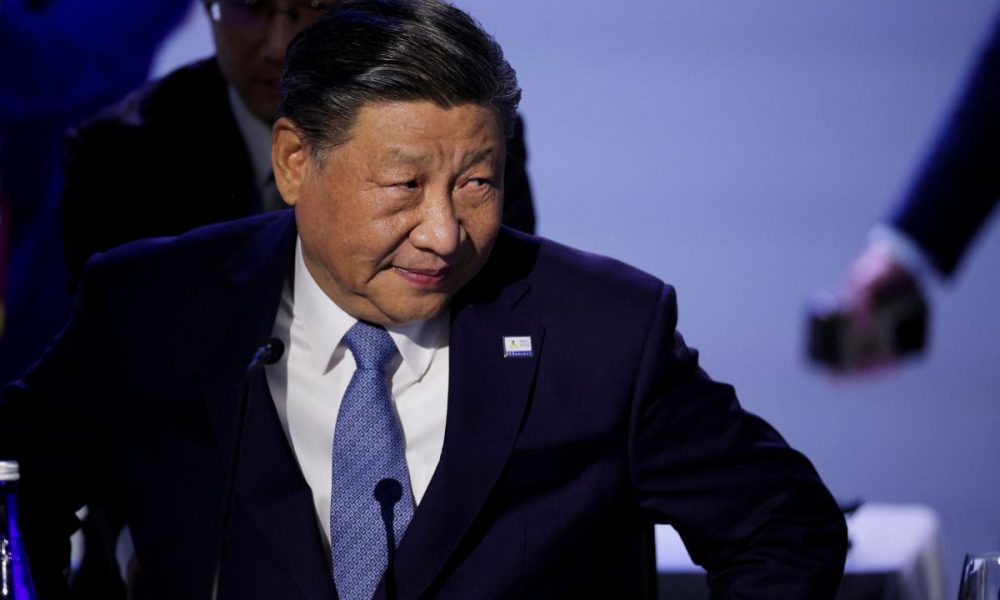
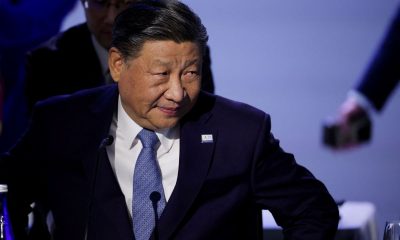

Economist Lao Man's intentional depression theory posits that the CCP is knowingly driving the economy to ruin to consolidate its control over the people.



The PLA has been the CCP's bastion of political and ideological loyalty, but purges by Xi Jinping raise questions about how true this will be in...



Chinese media criticism of Japan's defense budget is sadly ironic. It's the CCP's military expansion and unilateralism that pose the greatest challenge to Asia.
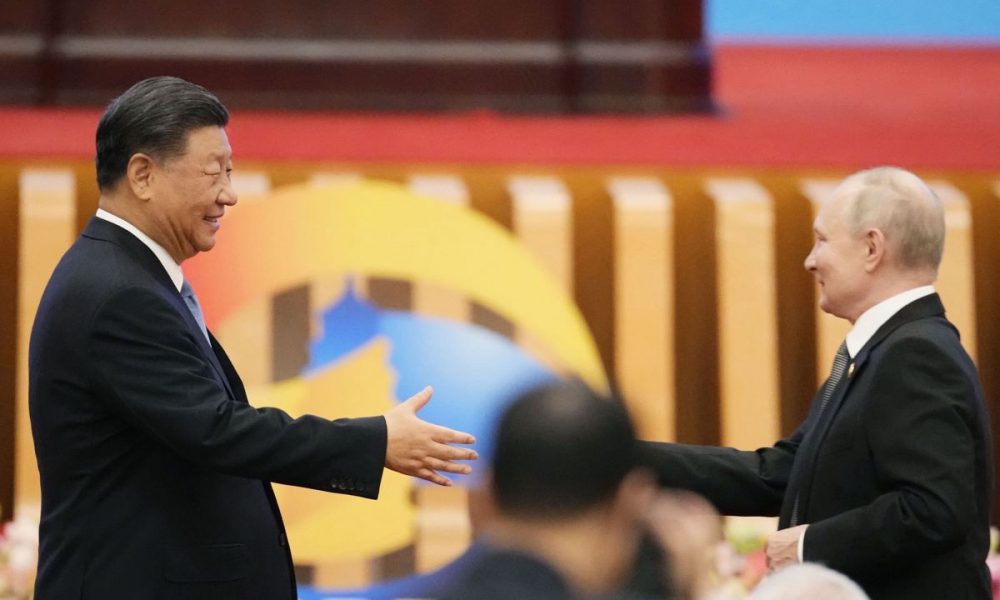
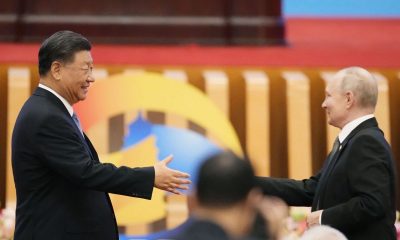

"Right now, there are changes, the likes of which we haven't seen for 100 years, and let's drive these changes together"— CCP leader Xi to Russia's...



The rise of the renminbi will only give China more power to control the financial transactions of other countries and meddle in their economic sovereignty.



Sources reveal that the CCP could be supporting Hamas, making it believe that an attack on Israel was a viable option. But how does this benefit...



Amid mounting military pressure from China, Taiwan is flagging the PLA's military drills in its vicinity to show that it knows its every move. But is...

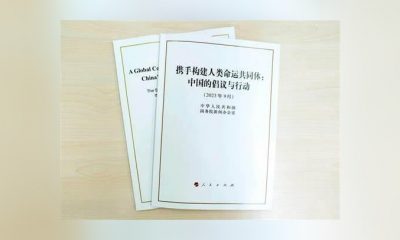

The white paper is all about what China is not. But if China truly embraces this vision instead of hiding its dirty hands behind it, the...
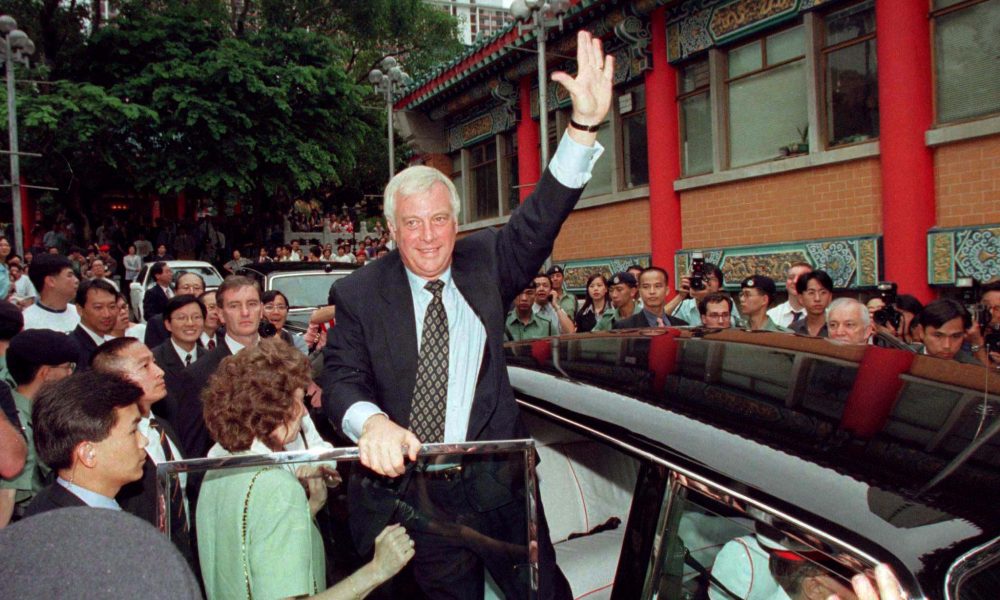


The last governor of Hong Kong, Lord Chris Patten, warns that "nationalistic fervor" is rising in China, increasing the risk of war over democratic Taiwan.
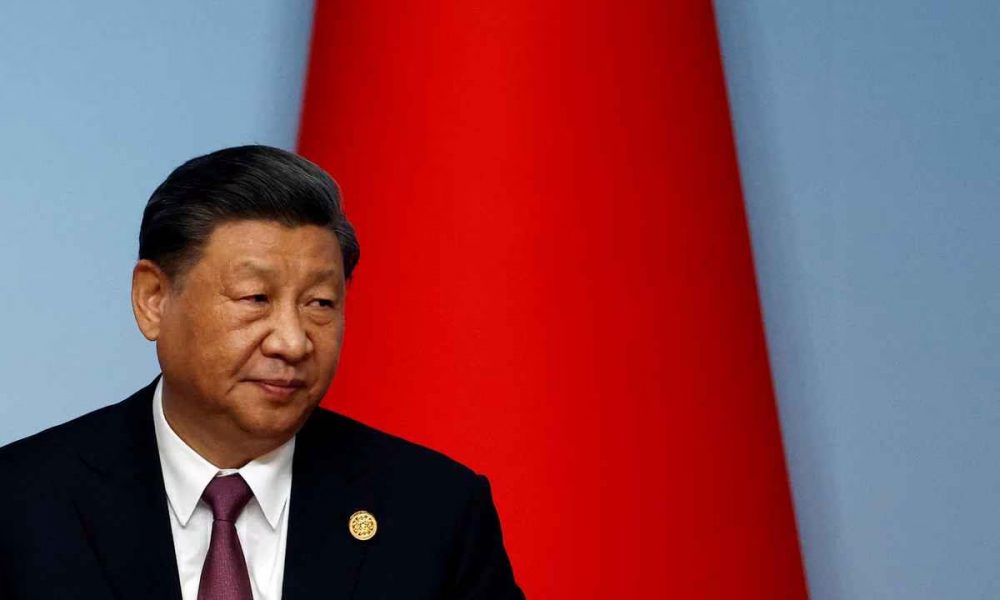
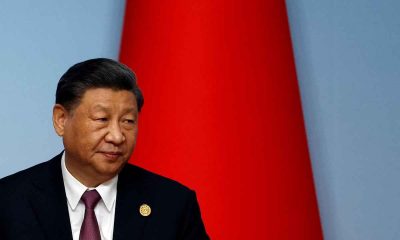

China's financial picture is bleak and Xi Jinping will have to act decisively to maintain power. And that could mean paving a potential path to war.